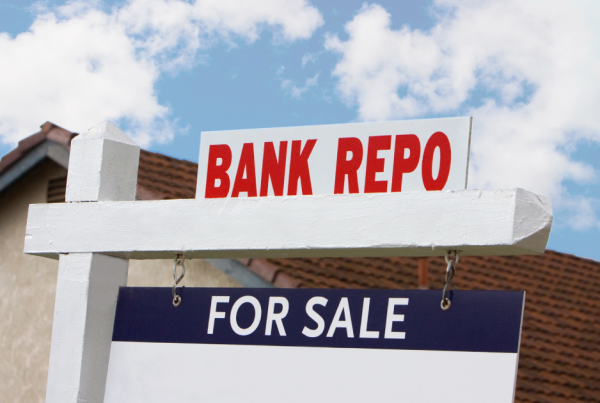It may be that the time has come when an owner of a property decides to put it up for sale. Whether it is to get rid of it, because their personal situation has changed and they are not going to enjoy the property or perhaps because they have acquired it as an investment and want to amortise it, the truth is that there are many people who do not know the correct steps to follow to be able to put it up for sale and for everything to happen in the best possible way.
Furthermore, we must bear in mind that the conditions tend to vary depending on whether the sale is between private individuals or whether we have contracted the services of a real estate agency to help us place the property on the market and be responsible for the entire sale process.
When we decide to put our property up for sale, regardless of the reason that leads us to make this decision, there are a series of steps and requirements that we must take into account and be aware of.
Below, we will give you a first approximation to carry out the sale of the house in a correct way.
Is the property in a legal situation?
Firstly, it is necessary to check that the property is in a legal situation. That is to say, we must make sure that at the time it was registered correctly in the registry and that there are no outstanding payments on the property, such as any type of seizure or mortgage that was not cancelled when the property was purchased.
Therefore, in order to be able to put the property up for sale it is necessary to comply with the following:
- Check the correct registration of the property in the name of the seller. If this is not the case, it is essential to locate the original deed of purchase to ensure that it is indeed duly registered.
- In cases where the property has been inherited and is still in the name of the deceased, it will be necessary to carry out the inheritance procedure in order to put the property in his or her name.
- In addition, it is essential to check whether there are any liens or encumbrances on the property. At this point, the following must be taken into account:
- If they are known or belong to you, you need to arrange for their cancellation on completion, for example the cancellation of the mortgage taken out to buy the property or a lien from the local council or community of owners if you have not paid the local rates or community fees.
- If these are unknown and do not belong to you (for example, your previous vendor’s mortgage that was not properly cancelled when you bought the house) then it is essential to find out why this was not done at the time and to locate the appropriate documentation to process the cancellation of these liens at the land registry.
- It is also important to check that the description of the property in the land registry coincides with the land registry and reality, especially in the case of rustic properties or detached villas.
What happens if I have made renovations or changes to the property?
It may happen that, since we acquired the property, we have carried out a series of renovations or reforms, including new constructions attached to the house, such as a swimming pool or a storage room.
In the event that these modifications have not been registered, it will be an essential requirement for the sale that this is the case, as well as the necessary Deed of Declaration of New Construction (if you have the legal documentation) or the Declaration of New Construction due to age (if you built it without the necessary permits).
Is there any administrative difference depending on whether the sale is made as a private individual or through a real estate agency?
When selling a property, sellers usually choose whether to take care of the sale themselves, i.e. advertising the house on different portals, visits from potential buyers and any necessary paperwork, or whether to rely on an official real estate agent.
If the first option is chosen, it is necessary to have a lawyer specialised in the real estate sector, and even more so if the sale is to be carried out by a person whose habitual residence is not in the place where the property is located, to take care of all the legal and administrative formalities.
On the other hand, perhaps more easily for the seller, he can contract the services of a State real estate agent. To do this, you will have to agree with the agency the particular conditions of the sale (minimum sale price, commission to be received by the agent for the sale, exclusivity or not, duration of the sales mandate).
It is important to point out that this second form does not mean that the services of the lawyer can be dispensed with. The lawyer is still necessary for all the contractual and administrative procedures during the process of buying and selling the property.
In addition, it is advisable to sign a sales mandate with the agency in which all these criteria are stipulated.
MAM Solicitors has over 30 years experience in the sale and purchase of property, in particular representing buyers and sellers whose residence is outside Spain so that they do not have to worry about legal and administrative formalities.
If we can help you, please do not hesitate to contact us.







